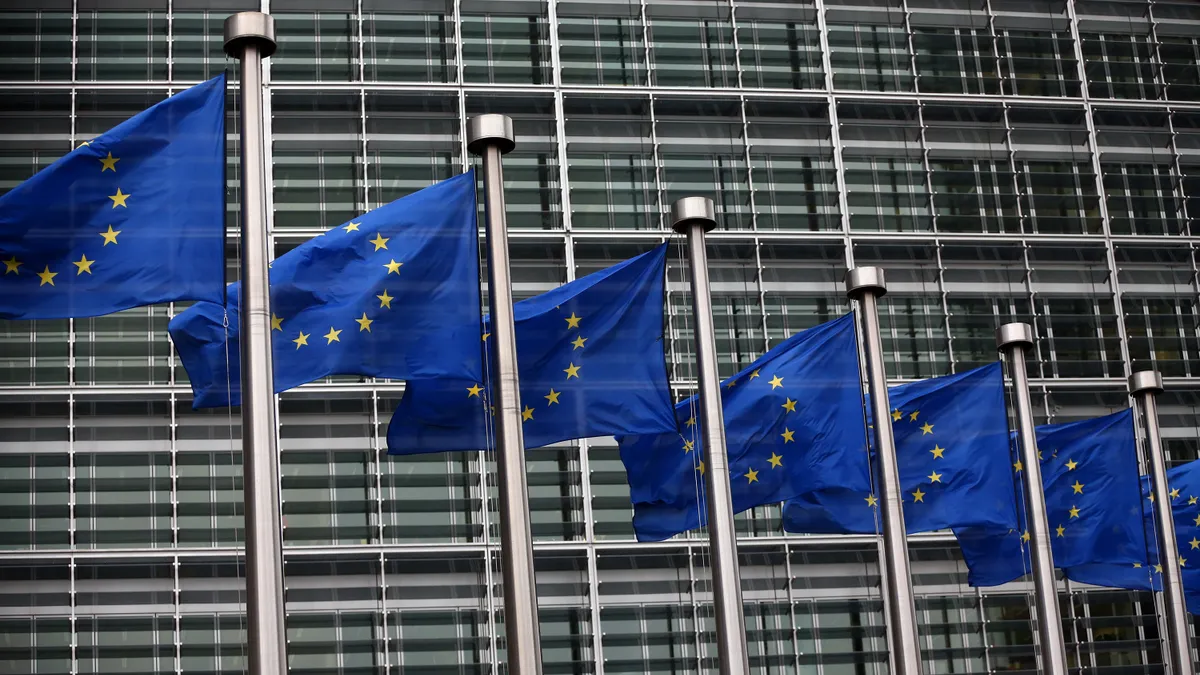The European Union has taken another step toward creating a digital wallet linked to a user’s identity, according to a press release last Wednesday.
The European Parliament and the Council of the EU reached a final agreement on a regulation that would allow the digital identity wallet to be used for payments, other financial services and storing digital documents.
“The wallets’ features and common specifications will make it attractive for all private service providers to accept them for their services, thus creating new business opportunities,” the European Commission release said. The wallet “will also facilitate service providers’ compliance with various regulatory requirements,” the release said.
The wallet could provide a serious challenge to existing digital wallets and payment apps offered by big tech firms like Amazon, Apple and Google, designated in April by the European Commission as subject to more oversight under its Digital Services Act.
Those companies will be required to accept the new government-ID-connected wallet as a way to sign in to their platforms. Big tech’s existing sign-in methods are not secure and trustworthy enough and “only a link to a government ID” can provide confidence that a real person is connected to an account, a European Commission spokesperson said by email.
In addition to government IDs, the new wallet would hold digital documents like driver’s licenses, medical prescriptions and travel tickets. All citizens of the EU would be offered the wallet under the regulation, which must still be formally approved by both the European Parliament and the Council of the EU. If approved, the wallet is due to become available after two years.
The European Parliament makes decisions on EU laws in conjunction with the Council of the European Union. The European Commission consists of 27 commissioners from each of the EU countries and acts as the executive branch along with the president of the commission, who is elected by the parliament.
Spokespeople for Amazon, Apple, Google and Facebook parent company Meta did not immediately respond to questions about how the new EU requirement would affect their wallets and payment apps.














